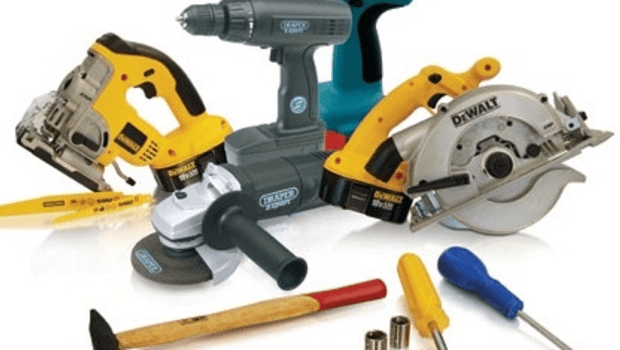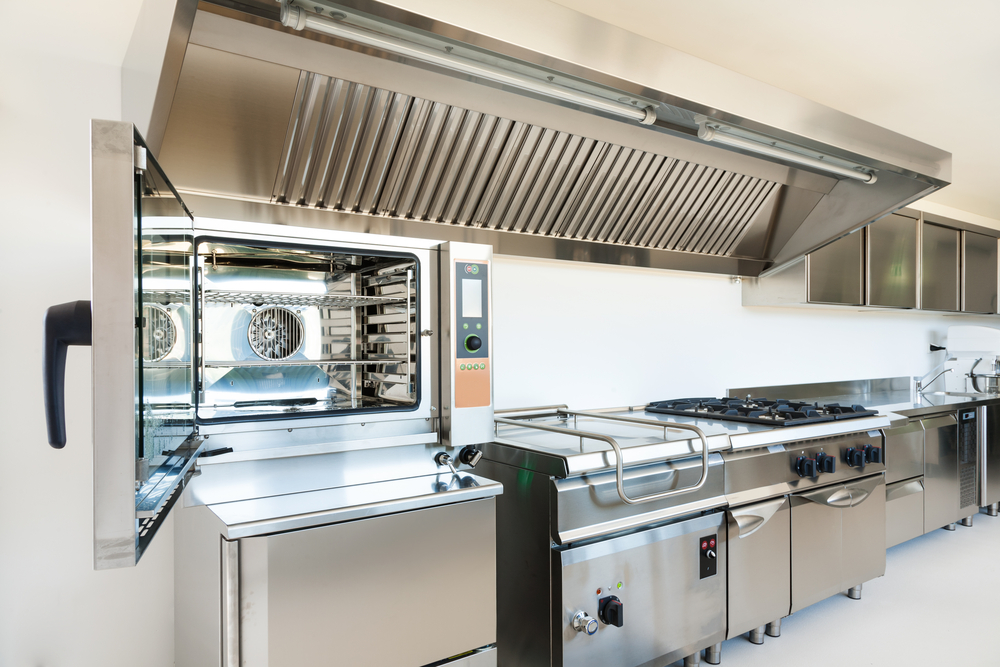-

-
Published on
11/03/2016
by Punchmedia
Retail Chains Aim to Master Bunnings
The private equity firm under fire for transforming Dick Smith into a $520 million sharemarket sensation is hatching a plan to bring together Australia's two biggest independent hardware chains to create a second force in Australia's $46.7 billion home improvement sector. It's understood Anchorage Capital Partners has been talking to Mitre 10 owner Metcash, pitching a plan to combine the Mitre 10 network with Woolworths' Home Timber & Hardware business to create a new player with the reach and buying power to compete with Bunnings. The Hardware and Building Supplies Retailing industry has undergone significant structural changes over the past five years as large national retail chains have fought to capture more of the expanding DIY home improvement market. Masters entered the industry and spent billions rolling out a network of big-box stores to challenge Bunnings' national retail dominance before its much publicised demise. In response, Bunnings has continued to expand its existing network of warehouses and has steadily lifted its market share. The industry is projected to generate strong revenue growth of an annualised 6.7% over the five years through 2015-16, to reach $15.9 billion. This performance has been driven by solid growth in capital expenditure on private dwellings, as consumers have increasingly sought to undertake renovations and DIY projects. Hardware retailers have also benefited from rising household discretionary income as households have been more willing to spend money on DIY alterations and renovations. In 2015-16, the industry is expected to maintain solid revenue growth of 7.9%, supported by favourable trends in new housing construction and improved consumer sentiment.
Industry structure
Wesfarmers is the dominant national player in the Hardware and Building Supplies Retailing industry, through its hardware chain Bunnings. The company has a market share substantially greater than its closest rivals and continues to expand at the expense of smaller independent players. The key to Bunnings' success has been big-box retailing, which allows it to provide an extensive range of hardware products in one location while taking advantage of lower land and rental costs. To compete with Wesfarmers, Woolworths (in joint venture with the US-based retailer Lowe's) entered the industry in 2009-10 after it acquired Danks Holdings, which operated the Home Timber & Hardware and Thrifty-Link Hardware businesses. Woolworths continued expanding in September 2011 with the introduction of its Masters retail outlets. Competition between Bunnings and Masters intensified substantially over the past five years. As a result, many smaller independent hardware retailers have been unable to compete with the industry's major players and the number of industry enterprises is expected to trend downwards by an annualised 1.1% over the five years through 2015-16. Metcash, the industry's other major player, operates Mitre 10 and True Value Hardware and has maintained its position through a combination of store ownership, franchising and wholesaling. The firm has made a foray into big-box retailing through its Mitre 10 Mega stores, but its primary focus is supporting the operations of its many suburban and regional stores through aggressive advertising campaigns and group-buying power.Profitability
Profit margins are estimated to account for 8.9% of revenue in 2015-16. Profitability has improved over the past five years as retailers have reduced purchase expenses by bypassing wholesalers and sourcing products directly from manufacturers in lower cost countries, such as China. These countries can produce hardware and building supplies with far lower labour and operating costs, and these savings can then be passed on to customers through lower prices.Masters exit
Woolworths dramatically increased competition in the hardware market following the opening of its Masters hardware stores. The first store opened in Braybrook, VIC, in September 2011. Following the acquisition of Danks Holdings, Woolworths emerged as serious competition for Bunnings, and opened its 56th Masters hardware store in June 2015. However, after years of poor profit performance, and a decision by its partner (Lowe's) to withdraw from the joint venture, Woolworths announced that it would either wind up or sell the Masters and Home Timber & Hardware retail chains in January 2016.
Related articles



